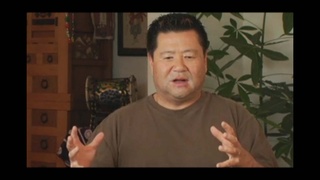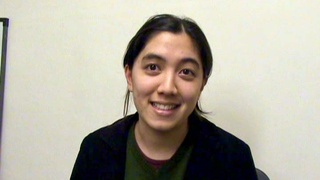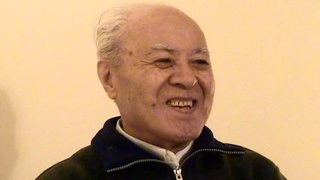Interviews
What I wanted to pass down to my children (Japanese)
(Japanese) Since they were young, I counted on my wife to raise our children. There would be times that I couldn’t help but be away [from home] due to work. [Working] from early morning to late at night—it was difficult to find a chance to spend some quality time with my kids and talk with them. I did try my best to take vacations to go on trips together as a family, but things like lecturing life lessons to my kids… I don’t recall telling my kids anything of the sort. There were discussions between my wife and me about it—about how we should be raising the kids and such. But I don’t think we did very often. In my heart, I feel that I wanted to tell my kids to have awareness that they are Japanese. It’s not something like “you have to do this or that because you’re Japanese,” but more like having a Japanese consciousness, that sort of thing. I think I was able to pass that on to my children, at least to some degree.
Date: June 17, 2008
Location: California, US
Interviewer: Yoko Nishimura
Contributed by: Watase Media Arts Center, Japanese American National Museum
Explore More Videos


Advantages of being Nikkei (Spanish)
(b. 1950) Nisei Chilean, Businessman


Childhood shame for being Nikkei in Enumclaw, Washington
Judge, only Japanese American to serve on CWRIC.

On the Impact of the Camp Experience
(b. 1942) The first Asian American woman judge

Thoughts on the term, "Nikkei"
(b. 1949) Musician and arts educator and adminstrator.


Studying Japanese to understand her grandfather (Spanish)
Sansei Argentinean

Post-redress future of Japanese Americans
Judge, only Japanese American to serve on CWRIC.

The most memorable day of his life (Japanese)
(b. 1917) Okinawan, Issei Argentinean



No more close family in Japan (Spanish)
(1925-2014) La Plata Hochi, Journalist


Need generational change in Japanese community (Spanish)
(1925-2014) La Plata Hochi, Journalist
